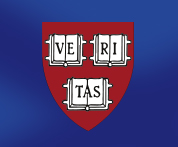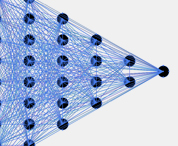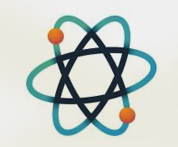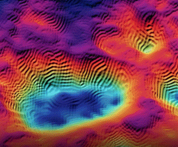Shira Faigenbaum-Golovin has advanced the field of computerized paleography (the study of ancient writing). Her PhD research in Applied Mathematics in the School of Mathematical Sciences at Tel Aviv University made parallel contributions to the mathematical subject of manifold learning by investigating ways to reduce the amount of “noise” and improve data processing and analysis in high dimensions, with applications to image processing and manifold reconstruction.
When she began, the field of computer-aided analysis of ancient writing was just coming into being. She developed methods to analyze multispectral images, especially of faded inks on ancient pottery originating from the First Temple Period (1200-586 BC), and developed automated methods for handwriting analysis and comparison. Her advances were widely publicized, with lecture titles such as “Analyzing Ancient Writings Using Applied Mathematical Tools,” and “How to Reveal Illegible Ostraca.” (Ostraca are pottery fragments containing inscriptions.)
She has worked in the computer industry, writing software and developing algorithms, most recently at Intel Israel.
Currently at Duke University, in the Department of Mathematics and in the Rhodes Information Initiative (an interdisciplinary program designed to increase “big data” computational research), Dr. Faigenbaum-Golovin is developing a theoretical explanation of the success of Neural Network (NN) methods, which have become state-of-the-art technology for a wide range of practical machine learning tasks such as image processing, face recognition, and automotive applications. Dr. Faigenbaum-Golovin aims to shed light on NNs by analyzing their mathematic properties and their numerical computation.
 ISRAELI COUNCIL FOR HIGHER EDUCATION
ISRAELI COUNCIL FOR HIGHER EDUCATION MIT-Israel Zuckerman STEM Fund for Faculty Collaboration
MIT-Israel Zuckerman STEM Fund for Faculty Collaboration The Zuckerman Travel and Research STEM Fund at Harvard
The Zuckerman Travel and Research STEM Fund at Harvard Zuckerman AI Fund at Technion
Zuckerman AI Fund at Technion Alan Alda Communicating Science
Alan Alda Communicating Science Zuckerman Institute – ScienceAbroad
Zuckerman Institute – ScienceAbroad Zuckerman Institute – America-Israel Friendship League partnership
Zuckerman Institute – America-Israel Friendship League partnership


























